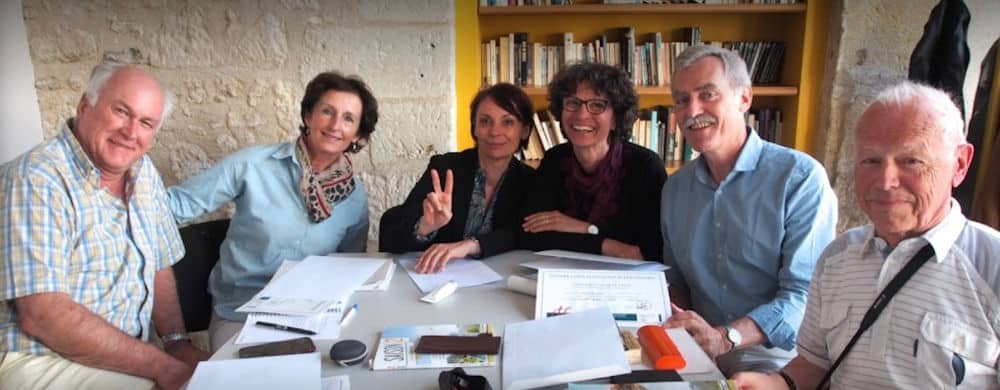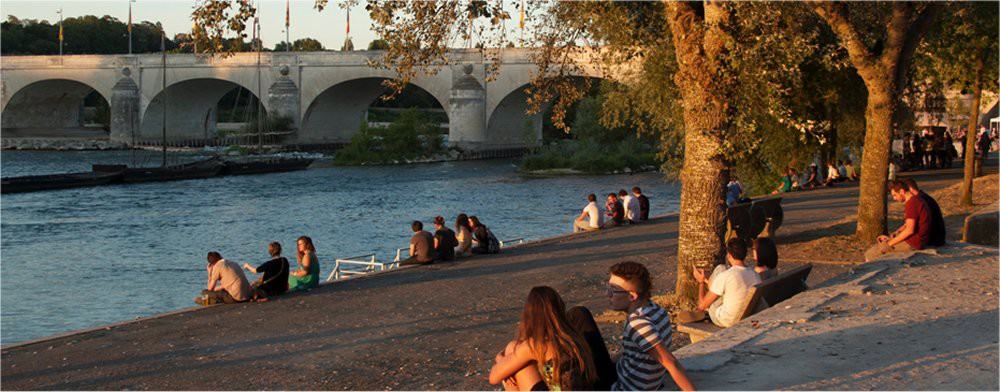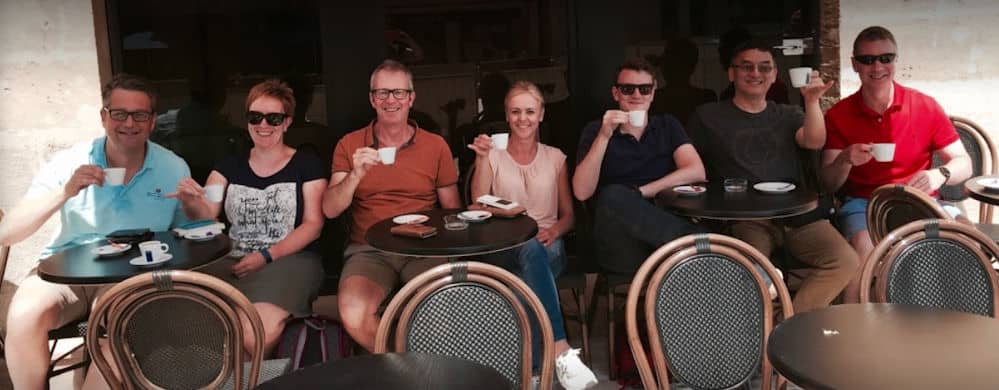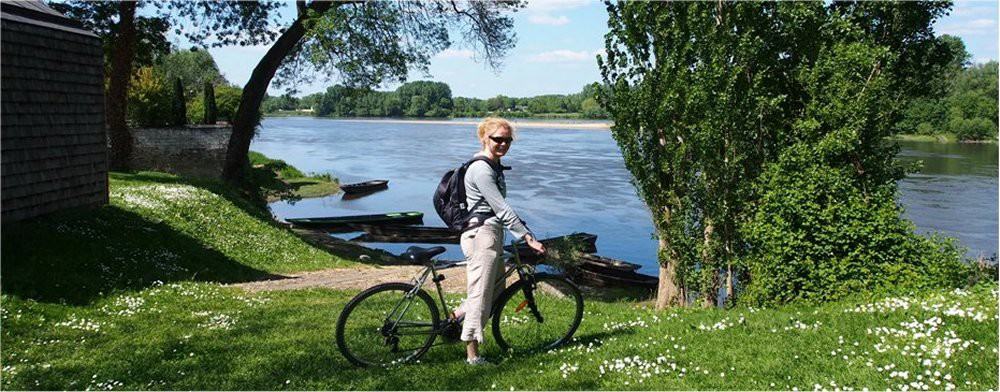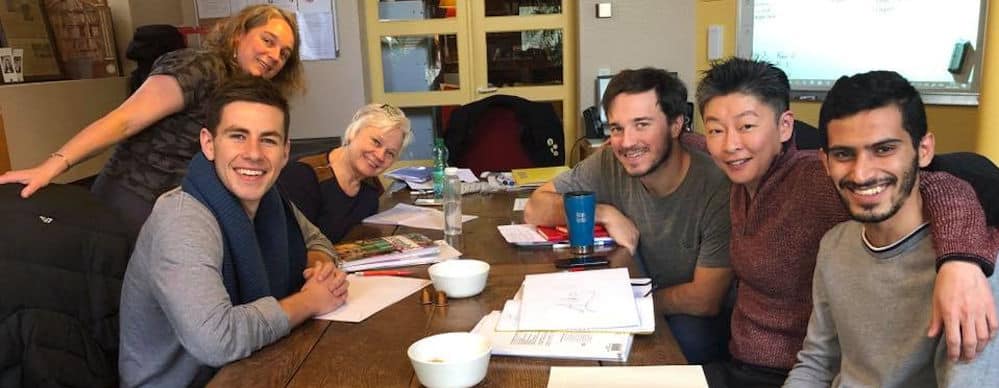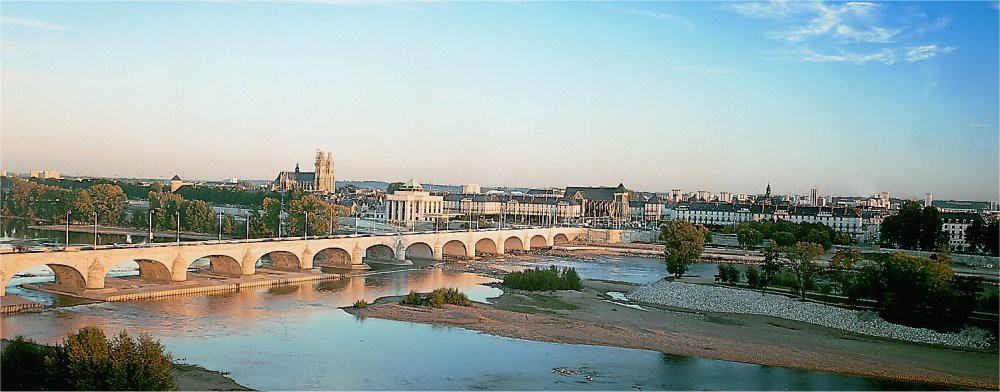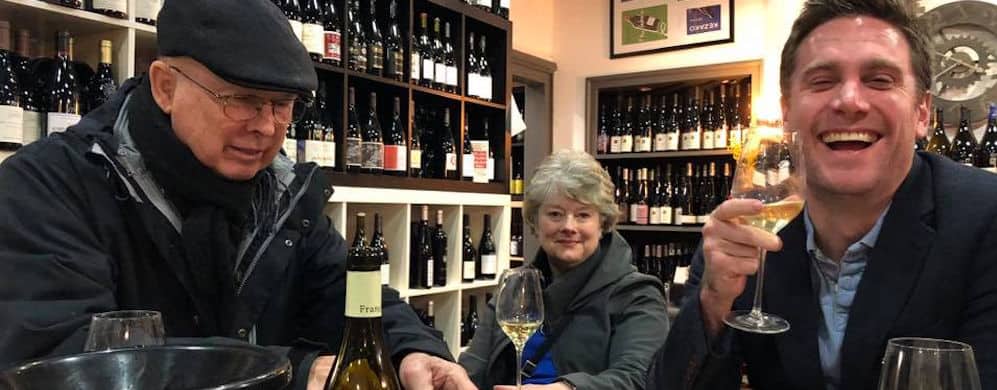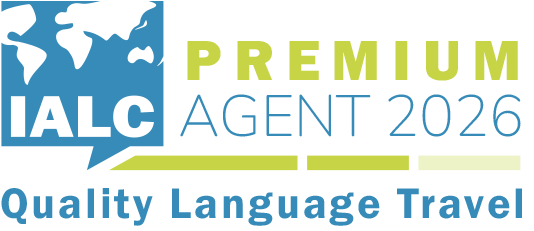Learn French in Tours: Teaching
Let’s get you talking French in Tours!
The French language school’s key concern is to get you to speak!
French language levels
The French school in Tours integrates into its courses the research done by the Council of Europe in the “Common European Framework of Reference for Languages”. This guideline aims to provide a method for assessing and teaching that applies to all languages across Europe.
Six distinct levels have been defined and are becoming widely accepted as the European standard for language competences and this guides the French school teachers with their educational objectives:
A1 & A2: Elementary user
B1 & B2: Independent user
C1 & C2: Experienced user
- Complete Beginners (A0) and Beginners level (A1)
The objective for complete beginners is to reach Beginners level A1. At this stage you are able to understand very simple phrases about daily life if someone speaks to you slowly and clearly. You know how to introduce yourself, to describe your work, to talk about your tastes and your hobbies and to describe your past. You can write a postcard. Your ability allows you to respond to simple and practical things.
- Elementary level (A2)
At this level, you can understand simple phrases dealing with familiar subjects that occur in daily life. You can pick up the key subject of a conversation and can participate in a simple exchange. In class, you work on written documents about everyday life (letters, guides, advertisements, instructions, and announcements) and you can identify the key facts in a short article.
You are capable of speaking about your daily life, expressing your feelings and giving your opinions. You can manage in shops and at the station, for instance, and you can deal with basic administrative matters.
Writing is not neglected: you are able to write simple letters to say thank you, invitations, to reserve a hotel room, etc. You could equally write an article for a magazine describing your situation or your life history.
- Intermediate level (B1)
At this level, you understand the key points of a conversation, or a radio or television broadcast.
You can express yourself about personal or professional subjects, or you can take part in a conversation on subjects that you are familiar with. You could, for example, talk about a film that you have seen and explain and justify your opinion of the film. You can tackle many situations that you meet when making a journey.
You understand the basics of written text using everyday language: e-mails, brochures, articles, and film reviews. You can write simple texts and make yourself understood about familiar subjects.
- Upper Intermediate level (B2) & Advanced level (C1)
These classes address those who can handle the French language spontaneously and with ease, being able to follow a complex argument and develop a point of view. At these levels you can express yourself precisely and with clear meaning as much in your personal domain as professionally or academically. You can follow a radio or television broadcast and most films using standard French.
In class, you work on quite long documents about well-known subjects as well as text or recordings about specialized subjects. You can talk about complicated information that you have read or heard. Documents studied describe French society today, describing attitudes and behaviour.
You can write clear, structured text, making official reports or essays.
The objective is to develop your communication skills (cultural and language know-how) to help you when you have left the French school and are out there, on your own.
First Day
Upon your arrival at the French language school, you will be given a folder of information regarding your studies at the French school, your stay in Tours and the activity programme on offer. One of the teachers will take the new students on a guided visit of the school premises, showing you the study aids that are available to you and what you can do in your spare time. If you take out a passport photo of yourself, you will receive a student card enabling you to benefit from various reductions in bookshops, museums, cinemas, etc.
Following this, you will take a French language test, lasting around 90 minutes (testing your written and spoken French) to allow the School staff to make a serious evaluation of your knowledge and place you in a small group class at the correct level for you. The staff will take time to discuss your motivation, expectations, and special interests. If you have never studied French before (or only a little) the test will either not take place or only take a brief time and they can start your first lesson immediately.
The school will also arrange a tour of the city, adjacent to the school with its monuments and historical restorations.
When the school is shut on Monday due to a public holiday, Tuesday will be treated as the first day of school.
Mini Group timetable
Each week, you will receive a programme outlining the content of your course.
Your course runs for 20 lessons per week (45 minutes per lesson) from Monday through Friday.
| Monday * | Tuesday | Wednesday | Thursday | Friday | Weekend |
| 09.00-10.45 | 09.00-10.45 | 09.00-10.45 | 09.00-10.45 | 09.00-10.45 | No classes. Free time/Activities |
| 11.00-12.15 | 11.00-12.15 | 11.00-12.15 | 11.00-12.15 | 11.00-12.15 | |
| 14.00-15.00 | 14.00-16.00 | ||||
| * First Monday – students who don’t take the test in advance will need to take their test on their arrival (and may well be charged for the extra work and will not be refunded or have misses lessons made up) | |||||
Course Structure
The French school in Tours offers Mini Group courses for elementary through to the advanced level students, in small group classes of no more than 7 students per class (generally speaking there will 4 to 6 students per class).
Your oral participation is encouraged by the relaxed atmosphere and by your tutors and your progress is closely monitored and tested and with the help of your teacher you will be able to analyse your personal needs and progress throughout your study. The work of each group is tailored to each class’s ability level in French. In reality a student chooses to attend a short course or a longer “Languages for Life” programme according to their linguistic goals, personal wishes and time constraints.
The four core language competencies (understanding written French, understanding spoken French, writing French and speaking French) are all taught but priority is given to speaking French. At all levels, you will develop a knowledge of grammar and vocabulary and you will study the sound and written form of words. Thanks to a variety of relevant materials, you will also familiarize yourself with French society of today.
In addition to the 20 contact lessons each week, you should study a little on your own to consolidate what you have learned in the classroom, following the recommendations of your teachers. The schedule will also allow you enough free time to relax and discover the region. If you want a more intensive programme, you can follow the Combined Course, which will include a further 3 lessons French private tuition per week, (1 ½ lessons over two afternoons).
Should you prefer to relax, or consolidate what you have learned in class with tapes, CDs, DVDs, Internet, books, you are welcome to stay and study at the school until 18:00 hrs
You can choose the number of weeks of the course according to your needs and if you have a reasonable French level already A2+ (see Language Level Chart to establish your current level) then you can start your course any Monday. If you have any doubts about your level in French, you can call CESA or send us an e-mail.
In addition: please note the school is closed for two weeks over Christmas and the New Year.
Rate of Progress
How long will it take you to reach the next French language level ?
It is difficult to indicate how long it will take to reach a level because it depends on so many factors:
- your motivation
- your mother tongue (if it is ‘close’ to French, you will progress quickly)
- your method of working and the way you study
- your character (if you are reserved and can’t easily express yourself outside of the classroom, you will progress more slowly than if you are an extrovert and chatty)
- your age (in general, it’s easier when you are 20 yrs old than when you are 65 yrs old!)
Progress can be very rapid from complete beginner to beginner level A1 then on to A2.
On the other hand, the more you progress, the more time it takes to move from one level to another – it is possible to reach level A1 in 100 hours (approximately 4 weeks of continuous study) but it will take at least 200 hours of serious study to move from level B1 to B2 (a good 8 to 10 weeks of continuous study).
This is why the Languages for Life course is so good for students looking to make maximum progress, it is the combination of quality tuition and continued practise and application of the language that ensures success and retention of the French language skills covered.
If you don’t study, you could live in France for many years at level B1, B2 or C1 and yet never reach level C2.
Tours French Teachers
The school requires all their teachers to have university degrees (minimum requirement is an MA) and extensive experience teaching French as a Foreign Language.
Tours French Language Students
The average age of the students in Tours is 3nightlifege, so do not worry if you are past a certain age. Most of the students who choose to study in Tours are motivated adults, serious about learning another language and culture, not young people on a vacation course who might be more concerned about their nightlife than their progress in French. Of course, the students have a social life, but it is not their first priority when choosing to study in Tours.
